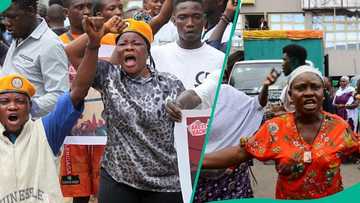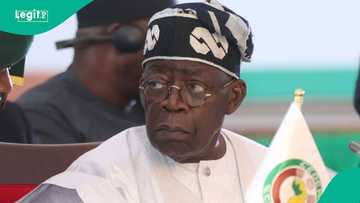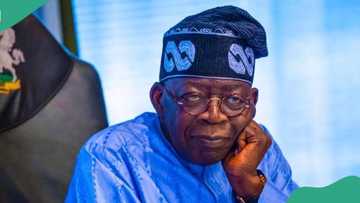MKO Abiola: Everything to Know About Democracy Day Celebrated on June 12
- June 12 has become Nigeria’s official Democracy Day, but its significance goes far beyond a simple national holiday
- The historic election of 1993, widely regarded as Nigeria’s freest and fairest, was abruptly annulled, triggering years of political upheaval
- Moshood Abiola, the presumed winner, never assumed office, and his untimely death remains one of the most controversial moments in Nigeria’s democratic journey
June 12 is celebrated annually in Nigeria as Democracy Day, marking a pivotal moment in the country's democratic history. However, this wasn’t always the case.
Nigeria initially observed Democracy Day on May 29, commemorating the transition from military rule to democratic governance in 1999.
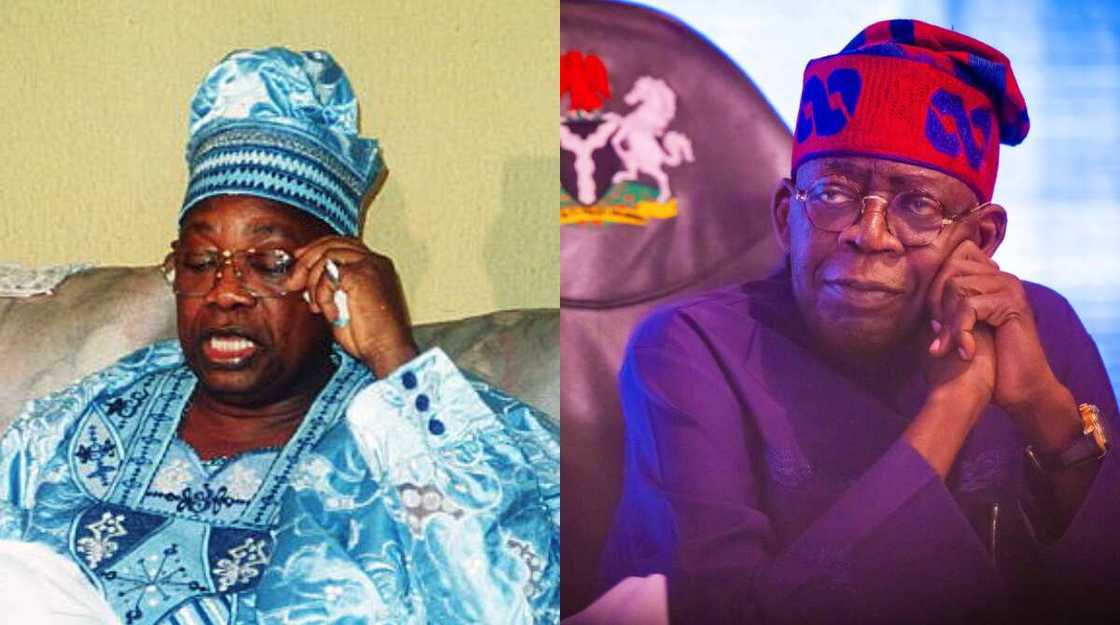
Source: UGC
For 18 years, from 1999 to 2018, May 29 was the official day to reflect on the nation’s democratic journey.
That changed on 6 June 2018, when then-President Muhammadu Buhari declared that Democracy Day would henceforth be marked on June 12, citing its deeper significance in Nigeria’s democratic history.
June 12 1993: Nigeria’s "freest and fairest" election
On June 12, 1993, Nigeria held a pivotal election meant to transition the country from military rule under General Ibrahim Babangida to a civilian government.
The election, widely regarded as the most credible in Nigeria’s history, saw Moshood Kashimawo Olawale (M.K.O.) Abiola of the Social Democratic Party (SDP) defeat Bashir Tofa of the National Republican Convention (NRC).
Despite being described as “the freest, fairest and most peaceful elections since our Independence” by Buhari, Babangida refused to acknowledge the results, plunging Nigeria into political turmoil that lasted for six years. The annulment of the election led to mass protests and further political instability.
M.K.O. Abiola: Man at the centre of June 12
M.K.O. Abiola, a successful businessman, politician, and philanthropist, contested under the SDP banner with the popular campaign slogan “Farewell to poverty.”
His candidacy transcended ethnic and religious divides, garnering massive support across Nigeria.
Despite winning even in his opponent’s home state, Kano, Babangida annulled the election, citing a court order. Military ruler Sani Abacha later seized power and refused to recognise Abiola’s victory, leading to nationwide protests.
In June 1994, Abiola declared himself President, prompting his immediate arrest. He remained imprisoned until 7 July 1998, when he died unexpectedly—a day before his scheduled release.
How June 12 became a National Holiday in Nigeria
President Muhammadu Buhari’s declaration of June 12 as Democracy Day on 6 June 2018 solidified its place in Nigerian history.
He also posthumously awarded Abiola the Grand Commander of the Federal Republic (GCFR), a prestigious honour typically reserved for Nigerian Presidents.
Before this national recognition, several southwestern states—including Lagos, Ogun, Ondo, Osun, and Oyo—already marked June 12 as a public holiday in honour of Abiola, a native of Abeokuta in Ogun State.
What happens on Democracy Day?
On Democracy Day, Nigerian Presidents traditionally deliver a nationwide broadcast highlighting the country’s democratic progress, achievements, and future plans.
In 2024, President Bola Tinubu addressed key national issues, including minimum wage increases and citizen rights protection.
Celebrations often include military parades and aerial displays at Eagle Square, Abuja, though some years feature low-key observances, such as a change of guard parade at Aso Rock Villa.
Meanwhile, civil society organisations use the occasion to hold rallies and protests advocating for democracy and governance reforms.
In 2025, the Take It Back Movement, led by Omoyele Sowore, announced nationwide protests against issues such as rising insecurity in regions like Benue, Plateau, and Zamfara States.
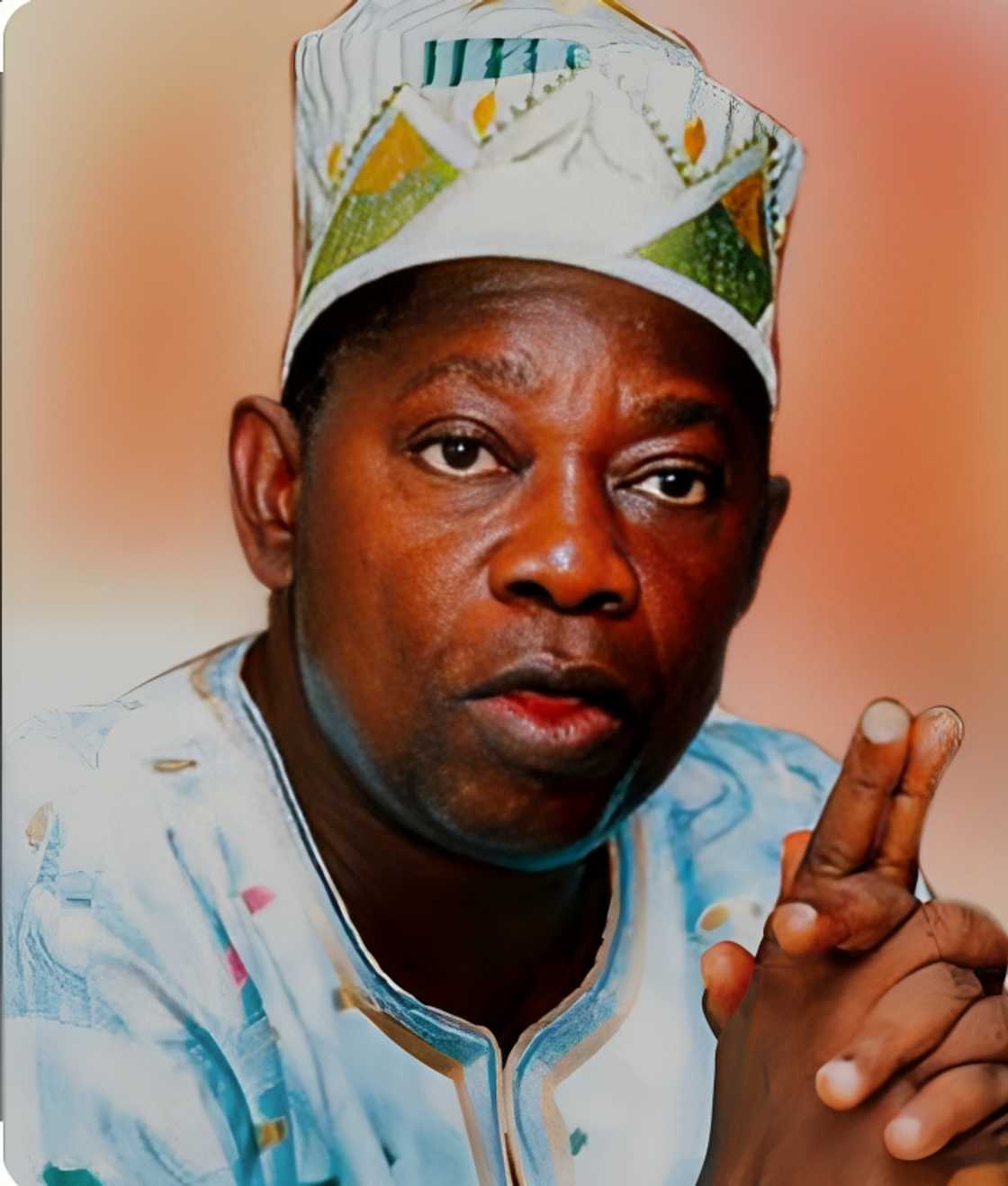
Source: Twitter
US Embassy in Nigeria to observe democracy day
Legit.ng earlier reported that In recognition of Nigeria’s Democracy Day, the U.S. Embassy in Abuja and the Consulate General in Lagos confirmed their closure on Thursday, June 12, 2025.
The announcement was made via the embassy’s official X account on June 11. The embassy’s post stated: “The U.S. Embassy in Abuja and Consulate General in Lagos will be closed on Thursday, June 12, 2025 in observance of Nigeria’s Democracy Day.”
Source: Legit.ng


